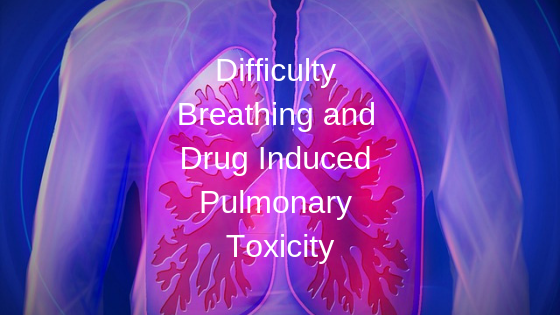Most often, breathing difficulties are due to a chronic disease process like asthma or COPD. These are obvious possible diagnoses for any patient presenting with respiratory concerns. If you are a healthcare professional, you must recognize that there are a significant number of medications that may cause breathing difficulties. Here’s a list of a few medications that can cause various respiratory problems.
Amiodarone
Amiodarone is well known to cause pulmonary toxicity. This can lead to damage
Nitrofurantoin
Nitrofurantoin is sometimes used in the treatment of UTI’s. Uniquely, it is associated with respiratory distress. This can be due to chronic therapy and it also can happen in the short term as well. I have seen issues with this medication specifically as I work with a lot of geriatric patients and have seen them on this for UTI prophylaxis.
Beta-Blockers
Having a good grasp of pharmacology can help you understand why beta-blockers may impact the lungs. Remember that beta-agonists are given to help improve lung function. Beta-blockers, particularly those that block Beta-2 receptors (i.e. nadolol and propranolol) can impair breathing ability.
Opioids
Opioids are well known to shut down the respiratory tract. When given in high doses or in situations of opioid overdose, the risk of death is a very real possibility. Benzo’s and the Z-drugs can also increase this risk.
Chemotherapy
I’ll be honest that I don’t have all these memorized, but you should recognize that some chemotherapy agents can certainly cause pulmonary toxicity. Here’s a review article with a nice list of other meds to look out for.
- 30 medication mistakes PDF
- 18+ Page Drug Interaction PDF
- 10 Commandments of Polypharmacy Webinar based on my experiences in clinical practice



0 Comments